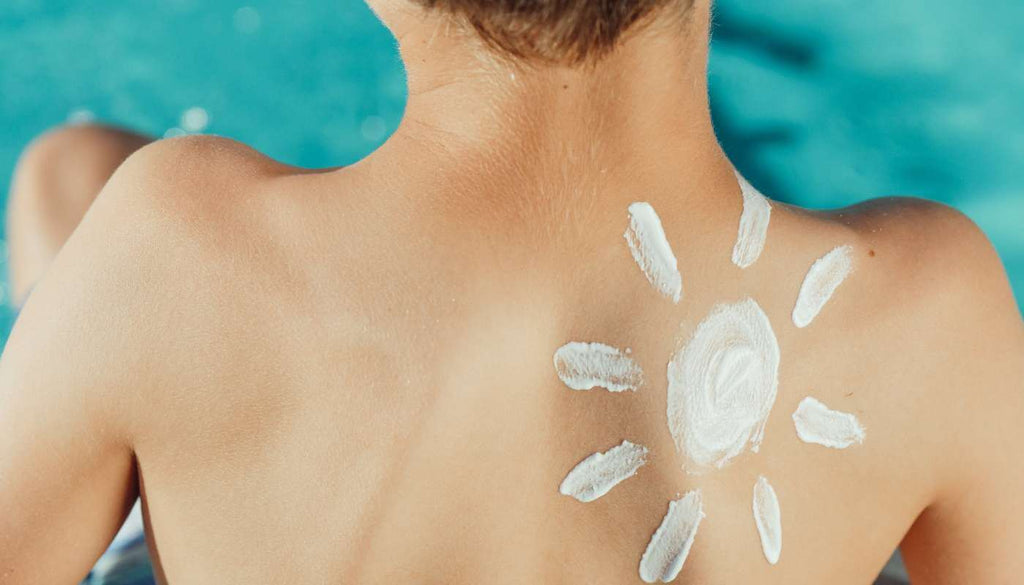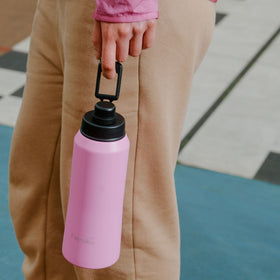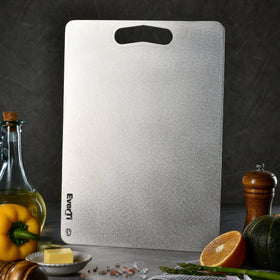
How to Choose a Good Natural Sunscreen

What to avoid in sunscreens
Just as you would avoid suspect chemicals in personal care products, check the ingredients in your sunscreen, and avoid:- Parabens
- Phthalates – fragrance (unless it’s from essential oils)
- polyethylene glycols
- propylene glycols
- phenoxyethanol
- SLS and SLES
- retinyl palmitate – a form of Vitamin A that may speed up the growth of skin tumours.
- Oxybenzone – a hormone disrupter
- Added insect repellant – buy insect repellant separately, and apply it before you apply sunscreen
- Sprays or powders – they may sound convenient, but you don’t want to be breathing these in. They may also not go on thick enough to provide good sun protection.
- SPF above 50+
What to look for in a sunscreen
Now that we’ve covered what not to use, what should you look for in sunscreens?- Zinc
- Titanium dioxide
- Avobenzone or Mexoryl SX
- Cream – rub it in and reapply often
- Broad-spectrum protection – this protects against UVA and UVB
- Water-resistant for beach, pool & exercise
- SPF 30+ for beach & pool
What about micronized particles and nano particles in sunscreens?
There's a lot of talk on the web about nano particles. The argument against the use of nano particles is based on the idea that nano particles apparently have the ability to pass through the skin more easily and be absorbed into the bloodstream. There hasn’t been a lot of testing on nano-technology and it’s impact on human health, but there is some thought that nanoparticles produce free radicals and damage DNA, particularly when exposed to UV light. However, the Therapeutic Goods Administration here in Australia (the TGA) has reviewed the research available on nanoparticles in sunscreens, and concludes that they are safe. The EWG also supports this stance, but makes the point that nano particles can be dangerous if inhaled. All the more reason not to use spray sunscreens, then! Don't forget that sunscreen is just one line of defence against sunburn and skin cancer. To stay safe, wear a hat, wear sunglasses, stay in the shade and keep covered up this summer!
Image source: DepositPhotos
What's your favourite natural sunscreen?










